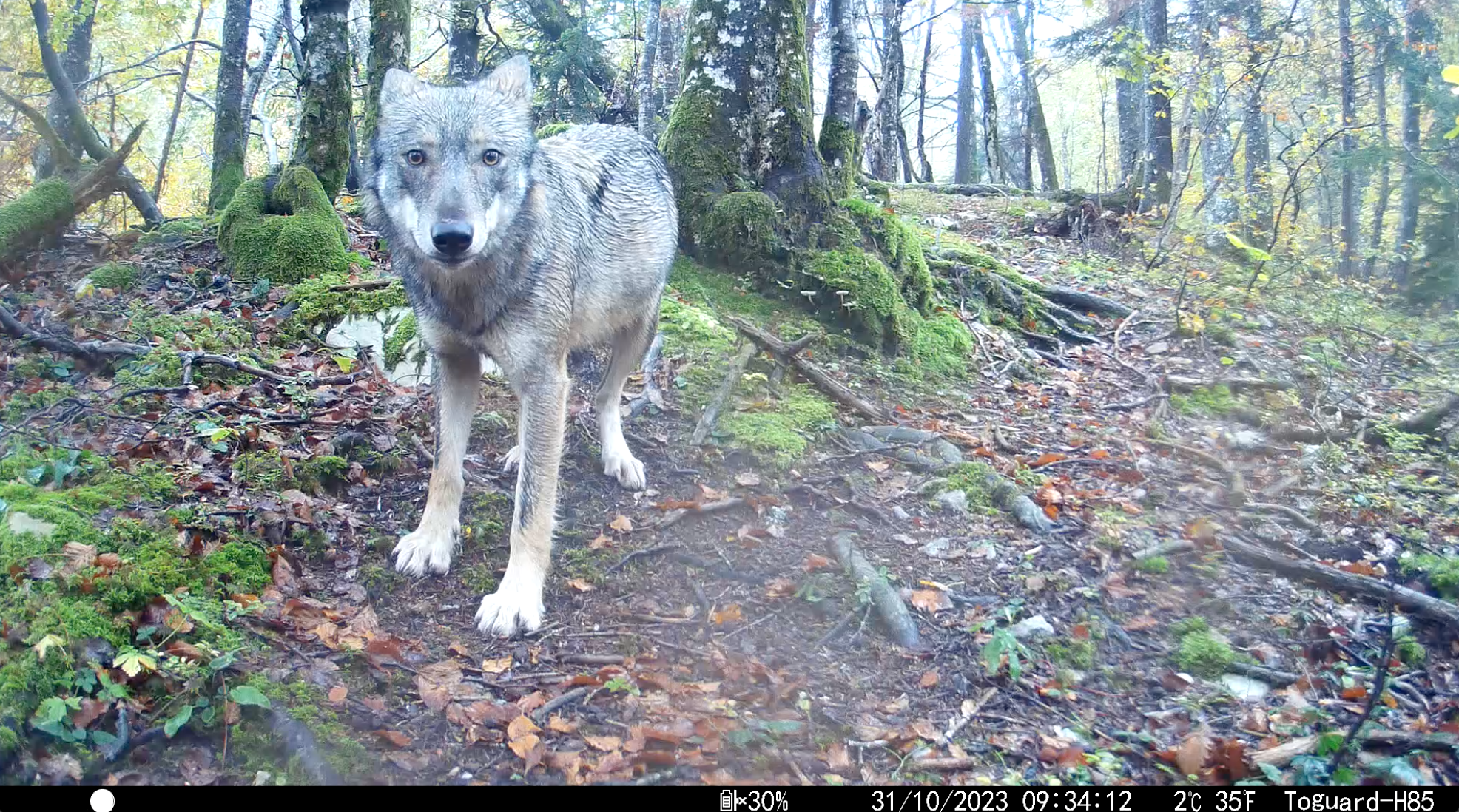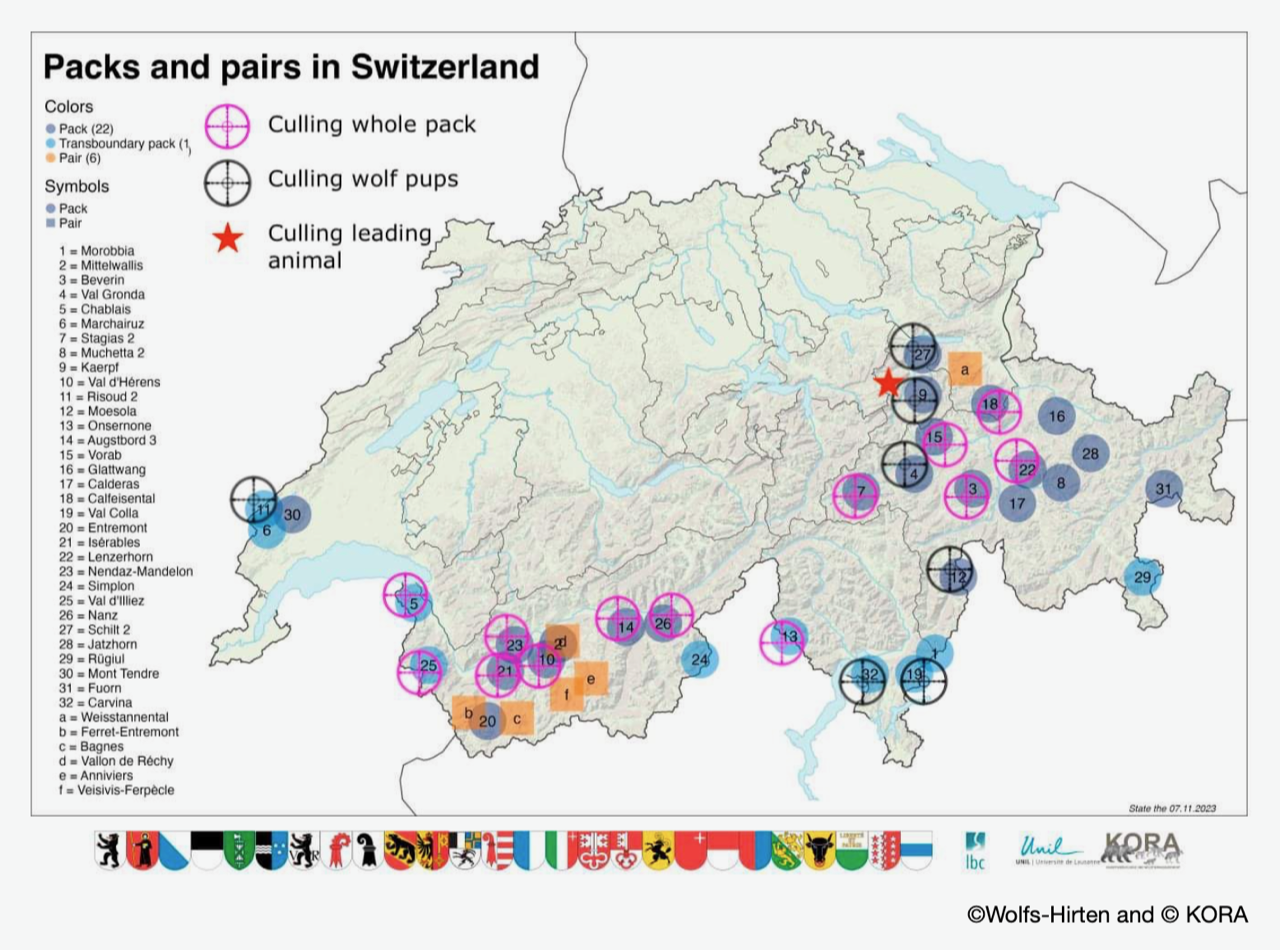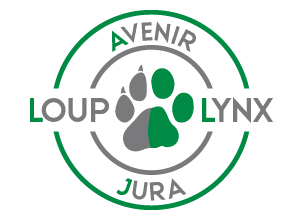Switzerland’s Planned Killing of Wolves Draws National and International Condemnation
Bern, December 7, 2023 — National and international criticism is growing at Switzerland’s wolf cull which started on December 1 and which promises to be the most extreme ever implemented in Europe since the recovery of the species. 239 environmental and animal protection organisations including the IUCN SSC Canid Specialist Group — the global leading expert on wolves and their wild relatives — have so far expressed their deep concern and condemnation.
The wolf is a protected species, native to Switzerland and listed as Vulnerable on the country’s Red List and as a “strictly protected fauna species” under the Bern Convention, which Switzerland has ratified. Yet national wolf protection legislation has been undermined to such an extent that a legal framework now exists for cantons to extirpate entire packs down to a set quota on a preventative basis, regardless of whether or not they have caused serious damage to livestock or threatened humans. The truth is that we are far more likely to be injured by cows in this country than we are to ever be attacked by a wolf.
Moreover, deterrents such as electric fences and guardian dogs were proving effective and wolf predation was down 29% this year compared to the same time last year despite an increase in wolf numbers. Large predators, mostly wolves, are responsible for 6% of livestock deaths. Disease and accidents are far more deadly. But by leaving flocks unattended on summer pastures, we are enabling and teaching wolves to be lazy. 79% of Swiss people anyway do not want wolves that attack unprotected flocks to be shot, according to a 2019 survey by ProNatura, Switzerland’s oldest nature organisation.
The cantons of Vaud, Valais, Grisons, St Gallen, and Ticino nevertheless applied to have 13 packs “removed.” Most applications were successful and 12 packs will therefore be exterminated in the cantons of Grisons, St Gallen, and Valais, while the alpha male of the Mont Tendre pack will be shot in Vaud and only juvenile wolves will be targeted in the Ticino. Hunters have been invited to join cantonal game warden after a cursory training course.
The Valais aims to shoot 34 wolves from 7 packs (Nanz, Augstbord, Hérens-Mandelon, Le Fou-Isérables, Les Toules, Les Hauts-Forts, Le Chablais), some of them transboundary. Hunting aids such as camera traps, light amplifiers, and infrared devices, prohibited under the Valais’ hunting law, will be permitted on “an exceptional basis.” The Grisons’ sights have been turned on 4 of its 12 packs (Stagias, Vorab, Beverin, and Lenzerhorn) as well as 5 pups from the packs of Jatzhorn in Davos and Rügiul in Puschlav; a total of 44 wolves. St Gallen will cull the Calfeisental pack. The Ticino’s packs were spared because they had not caused any damage to livestock, but two thirds of the canton’s juvenile wolves will nevertheless be shot to “have an educational and dissuasive effect” on packs.
The total tally is unlikely to be reached by the end of January when the two-month-long cull ends, but the amendment to the hunting Ordinance which was adopted by parliament despite a 2020 national referendum that opposed watering down wolf protection, will henceforth allow wolves to be hunted for 5 months of the year, from September to January. The first night of the cull claimed the life of a young wolf from the Augstbord pack and four more wolves have since been killed in the canton of Valais. Meanwhile, the canton of Grisons has announced it will only release cull figures on a monthly basis.
Culling can actually increase livestock predation because the killing disrupts wolf societies thereby defeating the very purpose of the cull, while legalising and condoning the killing of protected species has been shown to increase the risk of poaching. Switzerland’s wolf population was fragile enough before the cull and the national “Plan Loup” anyway allowed for “problem” animals to be shot. And many were. More wolves have been legally shot in Switzerland than have died in traffic collisions or have been poached in the last 25 year.
We are currently experiencing a mass species extinction making it all the more important to implement conservation and management measures that are both coordinated and consistent. The wolf contributes to a richer animal and plant life and its return to Switzerland is a rare success story in a country with some of the highest percentages of threatened species in the OECD.
The presence of wolves in Switzerland isn’t just a matter of ecological importance, it is testament to our values of cohabitation and tolerance.
We do not need to kill wolves. We have options. Wolves do not.
Decades of progress will be undone this winter.
Further Reading:
- For some background on the law changes allowing this to happen: “Switzerland Grapples With the Return of Gray Wolves.”
- An Open Letter condemning the culling will be sent to Federal Counsellor Albert Rösti and the Standing Committee of the Bern Convention. It has gathered 239 signatures to date from environmental and animal protection organisations, including The Rewilding Institute.
Lucie Wuethrich Active Member of Avenir Loup Lynx Jura, a non-profit association working for the protection of wolves and lynxes in the Franco-Swiss Jura.





I have a much better idea: how about they manage the humans and their damn livestock instead. Wolves are native to just about everywhere outside the tropics, including Switzerland; humans and their cattle are not.
Wolves as Apex Predators belong on the landscape for Biodiversity and to keep the balance in Nature… Have been advocating for wolves in Minnesota for over 12 years at state and natioanl level… They are extremely important in Anishanabe culture and deserve and need to be protected through the ESA. We owe wolves a huge debt of gratitude for almost extirpating them from the landscape in the 1800’s. As in the attempted genocide of the bison and Native tribes, these ativistic practises need to end…